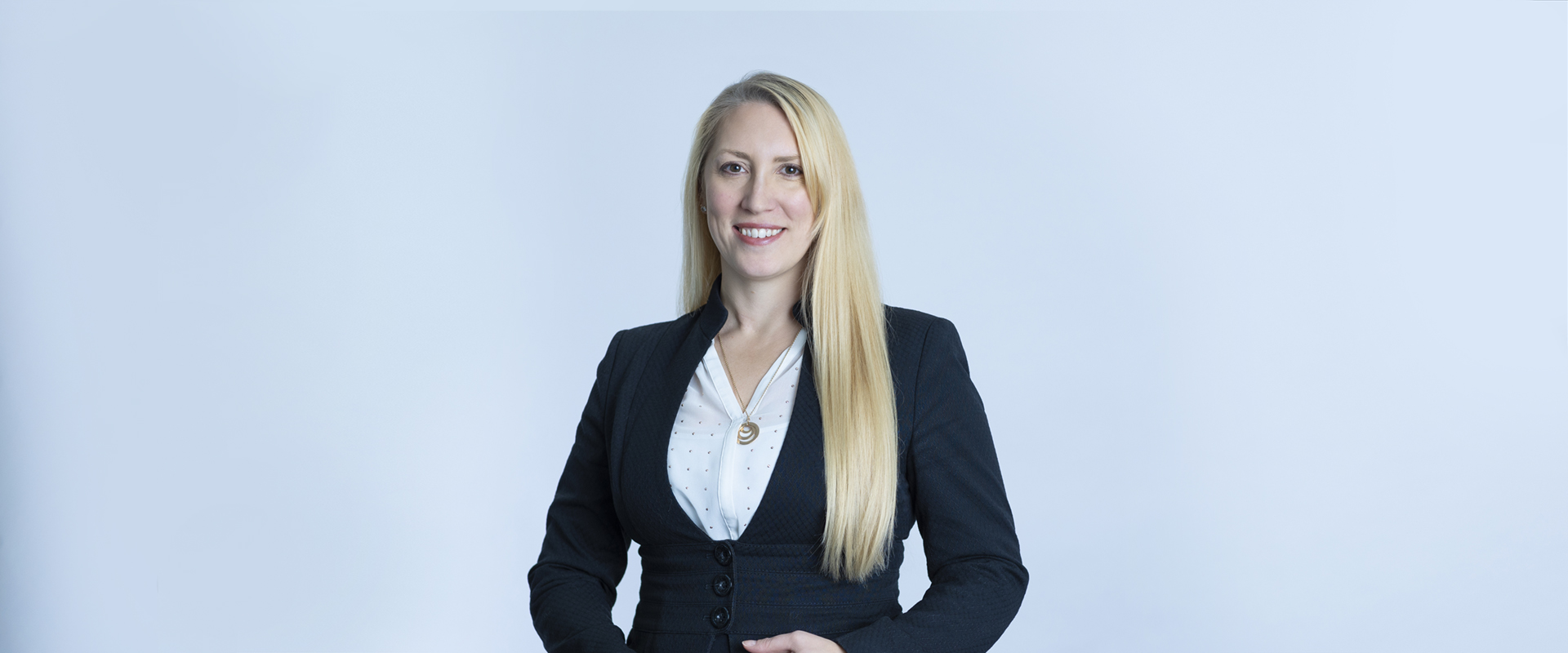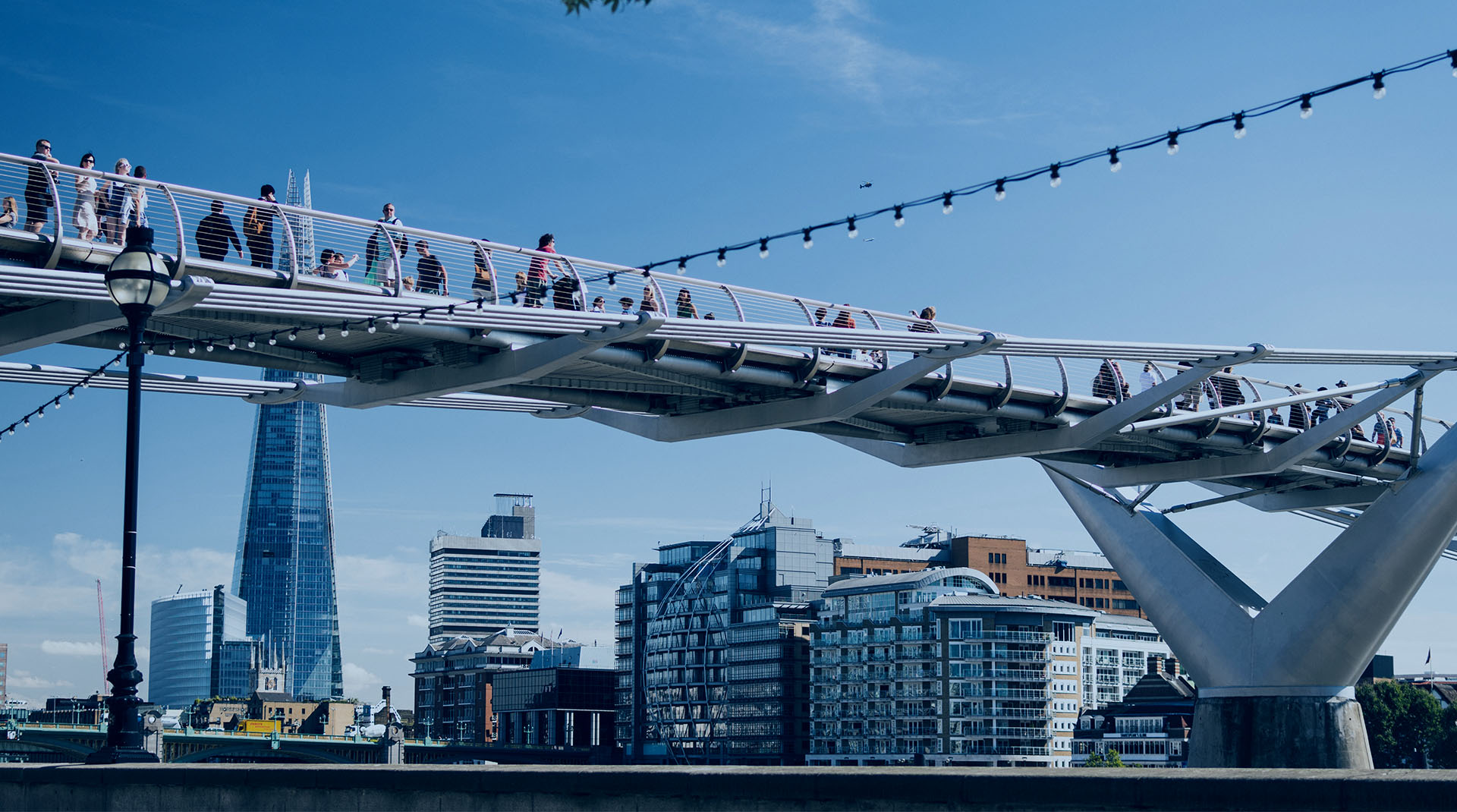17th January 2022 | Emma O’Meara | Employment Law, Employee, Employer
Ikea has cut sick pay for unvaccinated staff who are forced to self-isolate after coming into contact with someone who has Covid-19. The Swedish warehouse giant announced yesterday that only “fully vaccinated co-workers or those with mitigating circumstances will receive full pay for self-isolation.” With talk of mandatory vaccines in some sectors and the growing anti-vax movement, this decision is considered highly controversial
Since 16 August 2021, people who are double-jabbed and are without symptoms or a positive test do not need to self-isolate if they come into contact with someone who has tested positive for coronavirus. This was a major step to help ease the serious supply chain shortages that followed the “pingdemic” during the summer of 2021 which saw up to 700,000 per week self-isolating in England and Wales as contacts of positive cases.
Whilst many people are unable to get the vaccination for medical issues, all adults in the UK have now been offered the vaccine. This means that the people who are unvaccinated are either due to medical reasons, or have chosen not to be.
Ikea has argued that employees who refuse to get the vaccine are causing disproportionate financial losses to businesses. Whilst Ikea’s 10,000 plus workers receive an average of £400 a week salary, the furniture retailer said unvaccinated workers will only receive statutory sick pay of £96.35 a week where they are absent for a Covid-related reason (but full-pay if they test positive, as with vaccinated staff).
Given that Ikea is such a high-profile company, it is almost inevitable that other employers will follow suit and many will be monitoring the fall-out of this new policy. In fact, Next is the latest employer to announce it intends to adopt the same approach.
Some have argued that this policy is potentially discriminatory against employees refusing to be vaccinated on the grounds of religion or belief under the Equality Act 2010. Whilst this argument is generally considered unlikely to be successful, to avoid claims employers will need to consider each circumstance on “a case-by-case basis”, which Ikea has also confirmed it will do. This is necessary as applying similar policies without exemptions could be discriminatory against employees are unable to be vaccinated (e.g. those with disability-related medical reasons or pregnant employees).
As well as considering the implications on staff who are unable to be vaccinated, employers considering varying their sick pay entitlements also need to be careful to ensure that they won’t fall foul of any contractual responsibilities, where sick pay forms part of an employee’s contract of employment. It will be important to check the terms before any such measures are introduced.
Perhaps most significantly, employers will need to consider the public response to any policy change in such a highly divisive area before taking any steps.
Finally, if an employer is considering introducing a similar measure in respect of sick pay, a key issue will be the communication to the staff, setting out the reasons for the change and the exceptions that might apply. It may well be that the approach may give rise to some complaints from those employees who are directly affected.
Any employers considering introducing policies which target unvaccinated staff should act with caution and take legal advice in advance to ensure that savings in sickness payments now don’t turn into much larger costs defending claims from unvaccinated staff down the line.
Please contact Emma or the team for more information.


